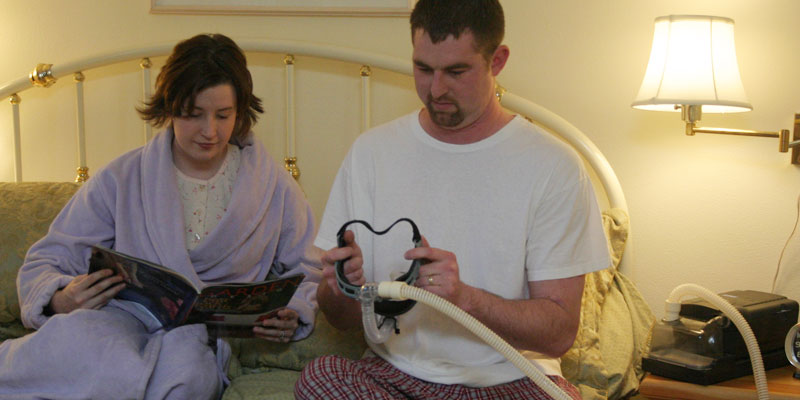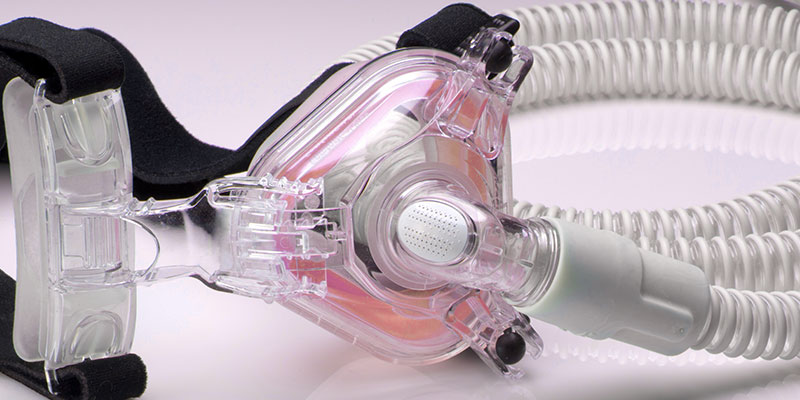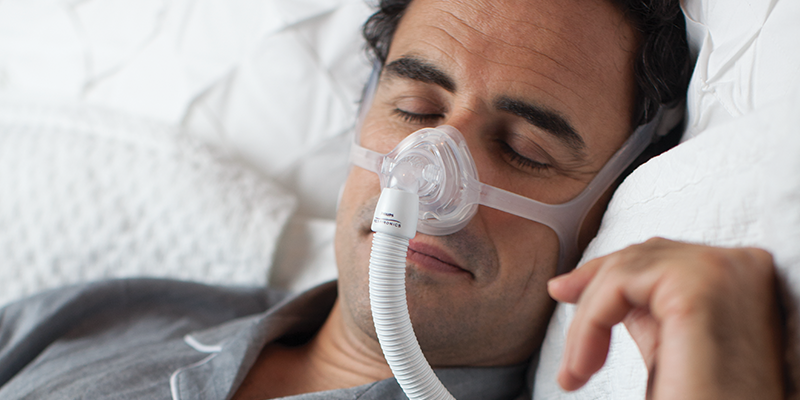
It’s a common question to ask how long something is going to last, especially when it comes to rehabilitation or treatment of a medical condition. How long will the cast be on for? When can I start practicing again? How long will it take for the medicine to kick in? For doctors, these are normal questions that have a definite answer.
On the other hand, when patients who have been diagnosed with sleep apnea and prescribed CPAP therapy to treat it ask the “how long?” question, doctors find themselves in a tricky situation.
That’s because CPAP therapy is not a “cure” for sleep apnea, but rather a support therapy that eases the symptoms of sleep apnea. In short, this means that those with sleep apnea will become CPAP users for life, which can be a daunting thing to think about.
However, to put it in perspective, think about the risk you take of not treating your sleep apnea. High blood pressure, increased risk of stroke or cancer and cardiovascular problems are all consequences of leaving sleep apnea untreated.
It may take you a little while to become used to your CPAP machine and your nightly therapy. If it has been a few months and you’re still struggling, be persistent and stick with it! The physical relief you’ll feel, as well as the health benefits you’ll receive when you finally get used to it are worth it.
Do whatever it takes to push yourself to put on your mask and turn on your machine every night. Use your partner and family members as a support team to help keep you honest, or feel free to reach out to CPAP Central for any tips and or advice. Whether it’s trying to find a better fitting mask or learning what sleep position is best, we are ready to help! Our live chat is available Monday through Friday from 8:30 a.m. to 4:30 p.m.


